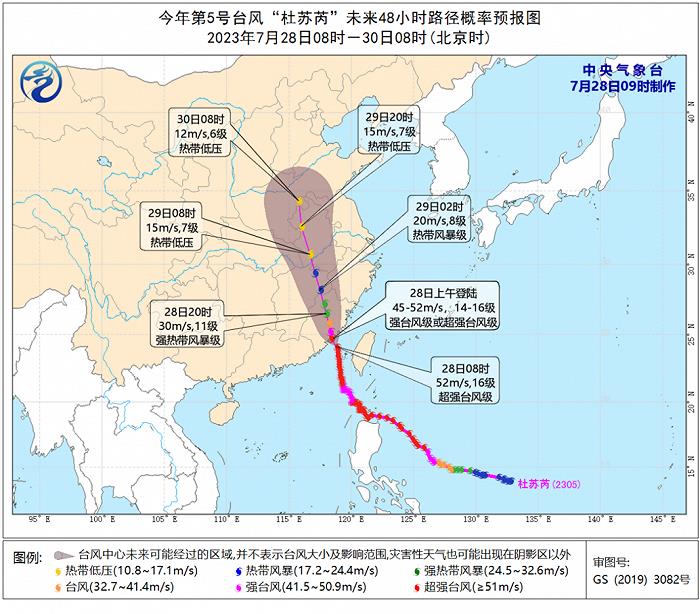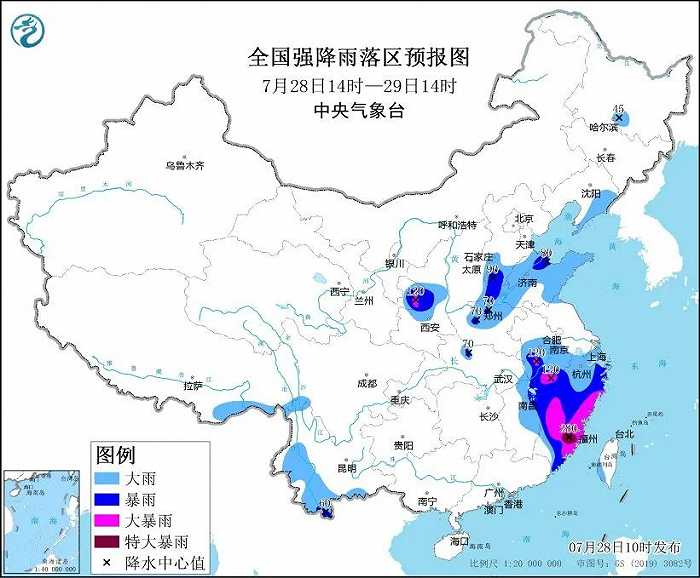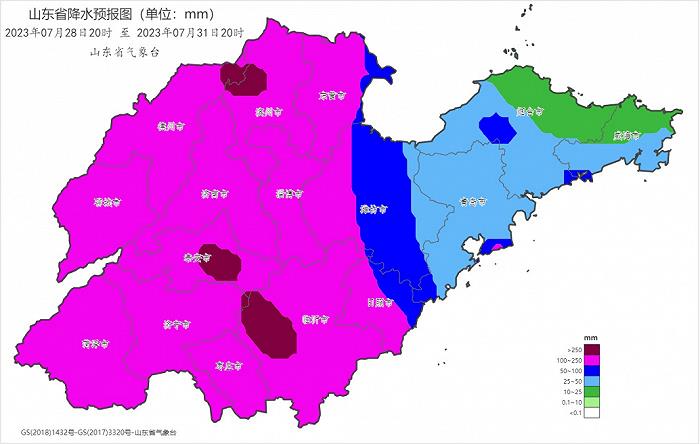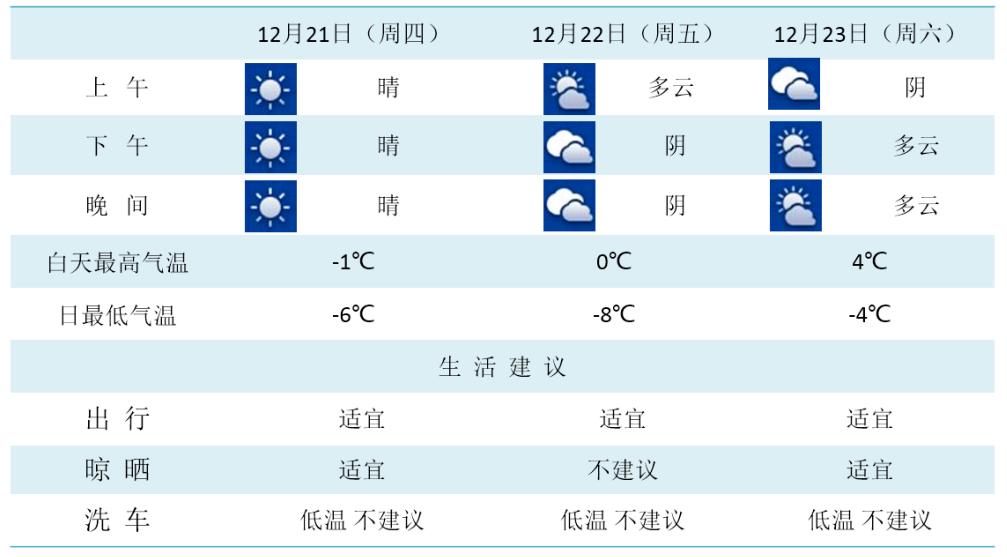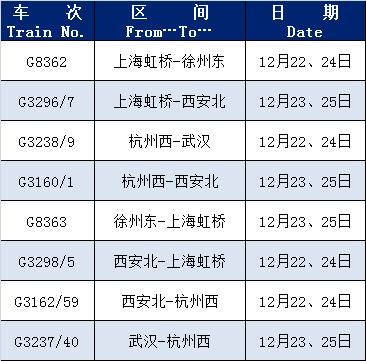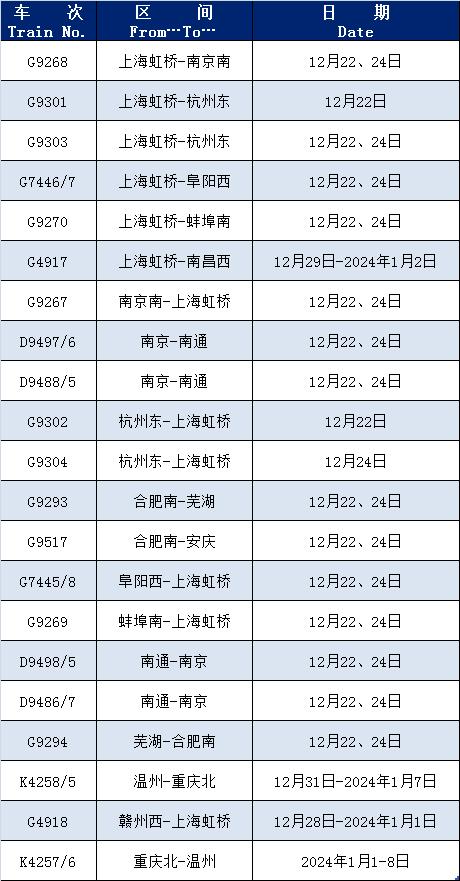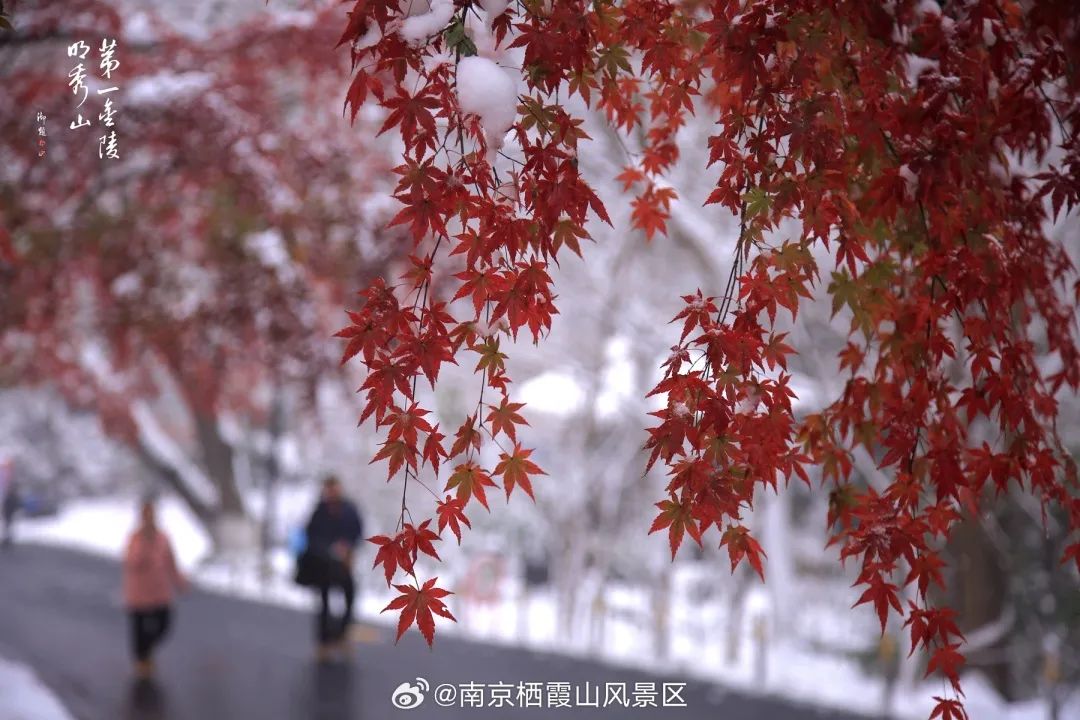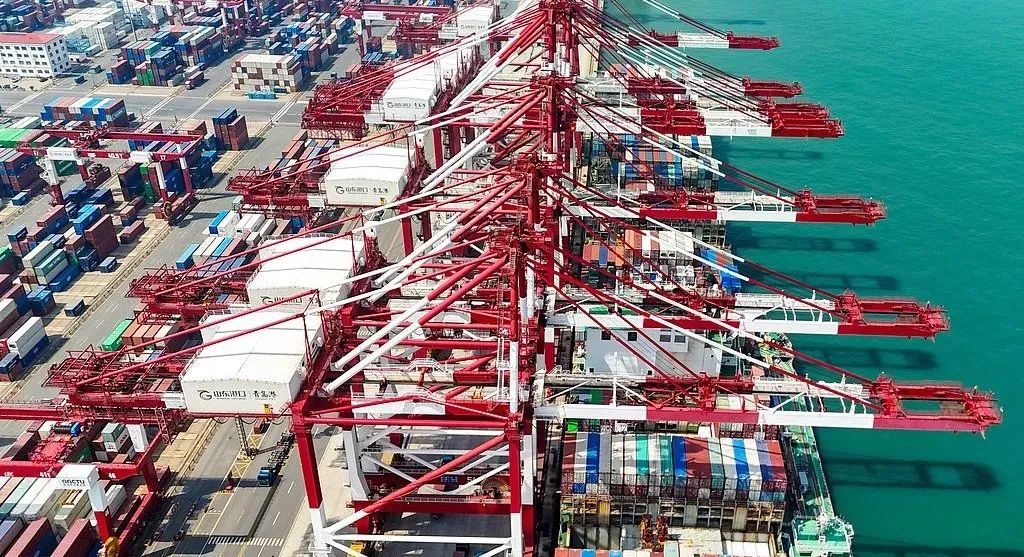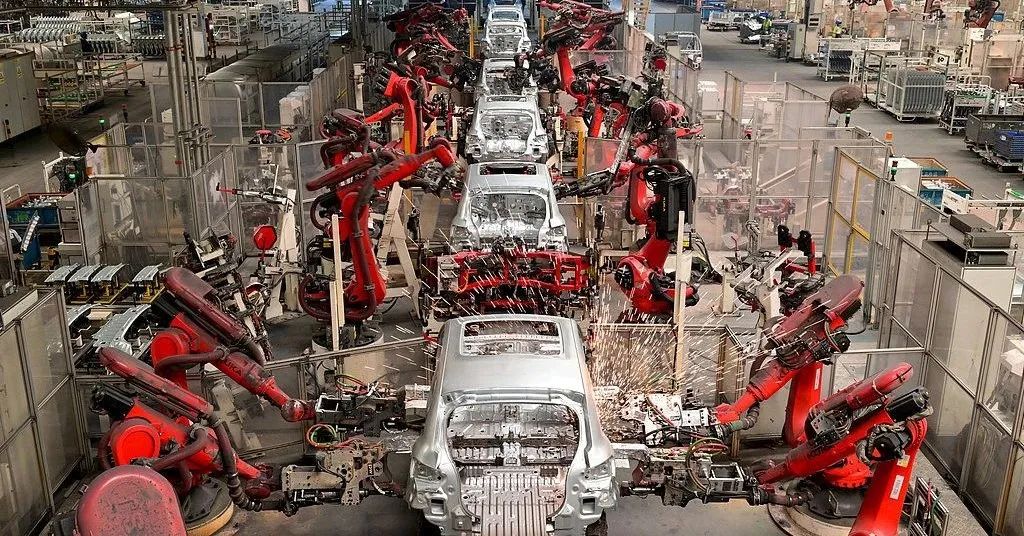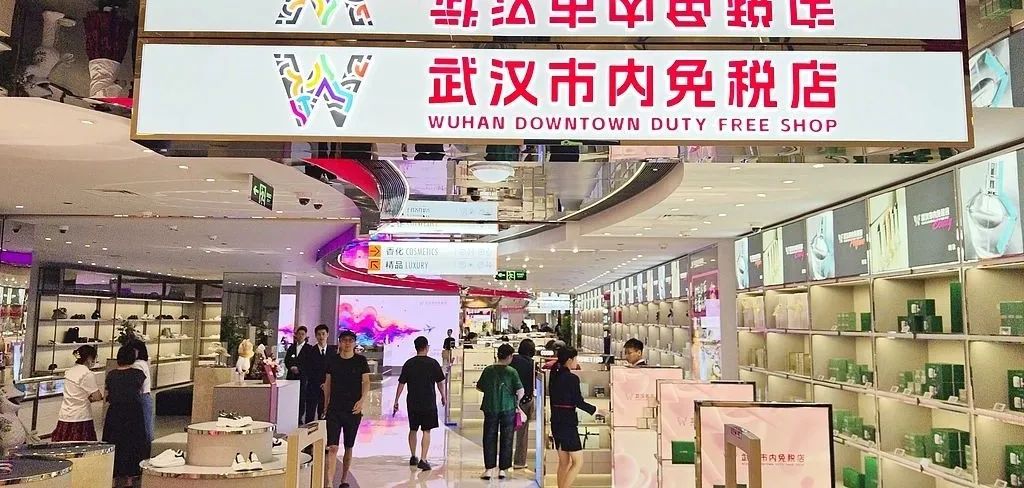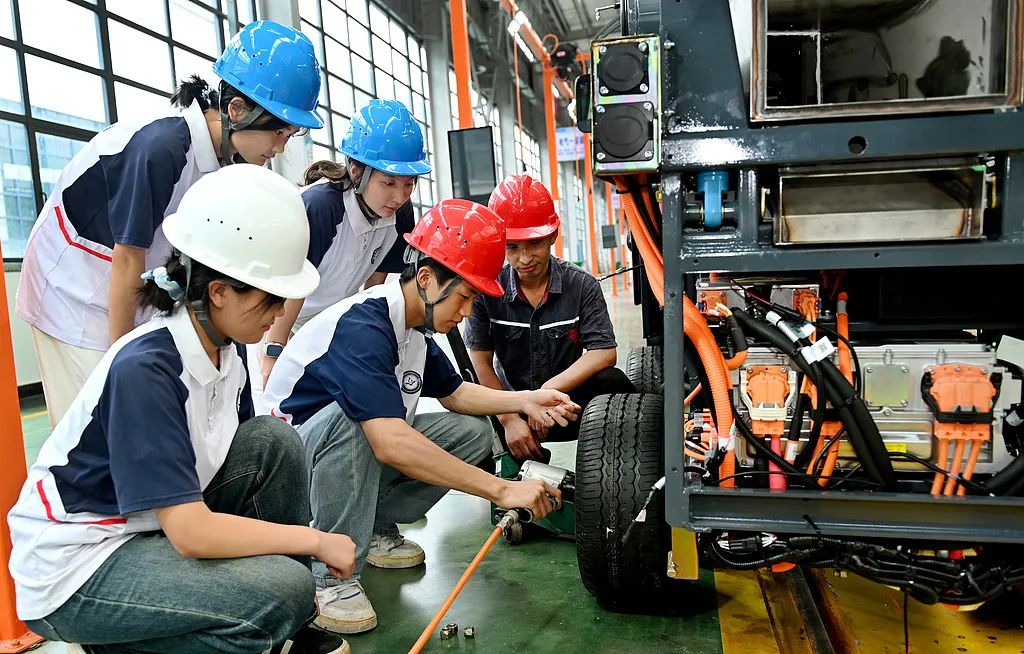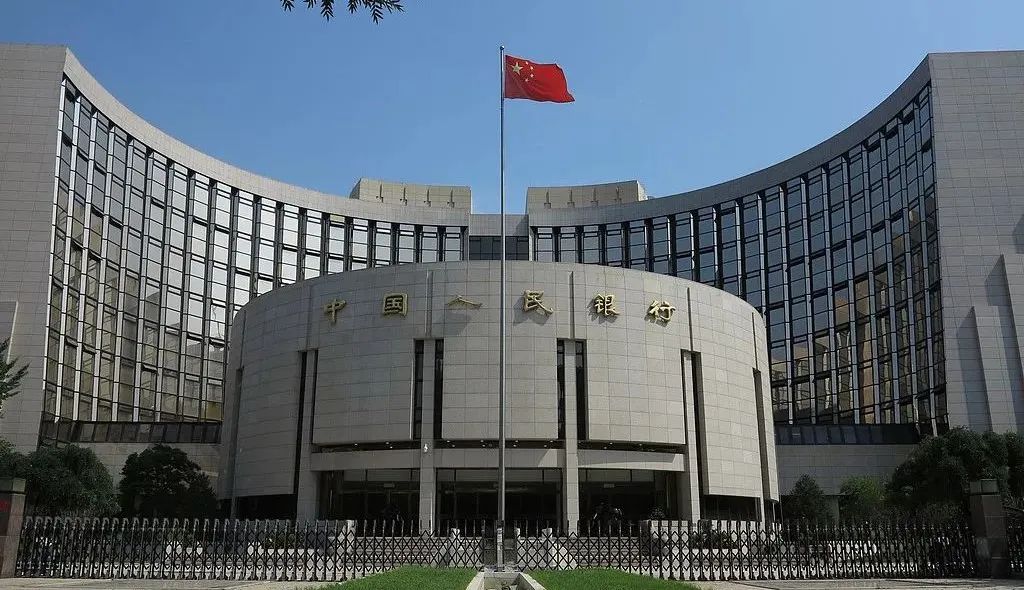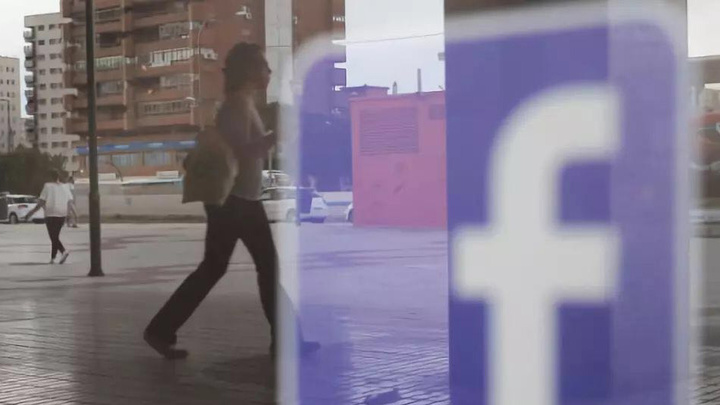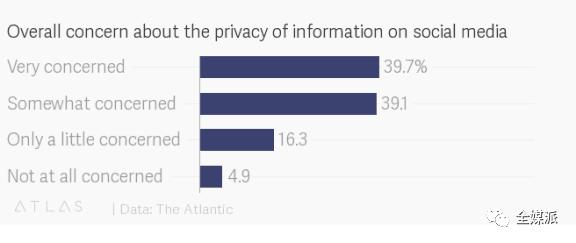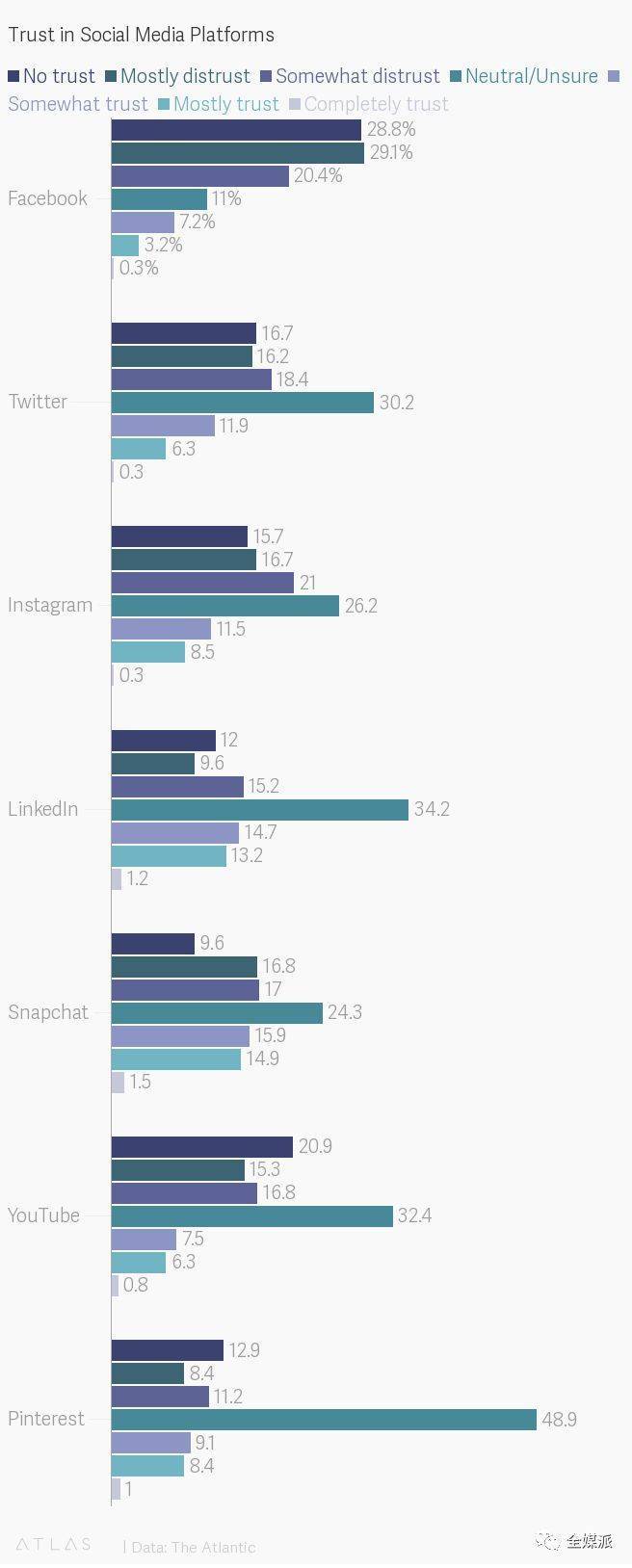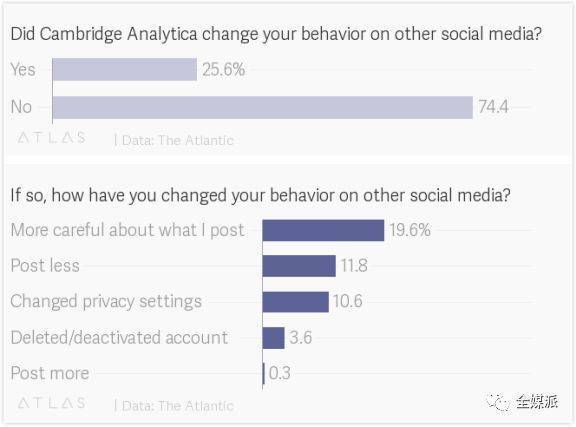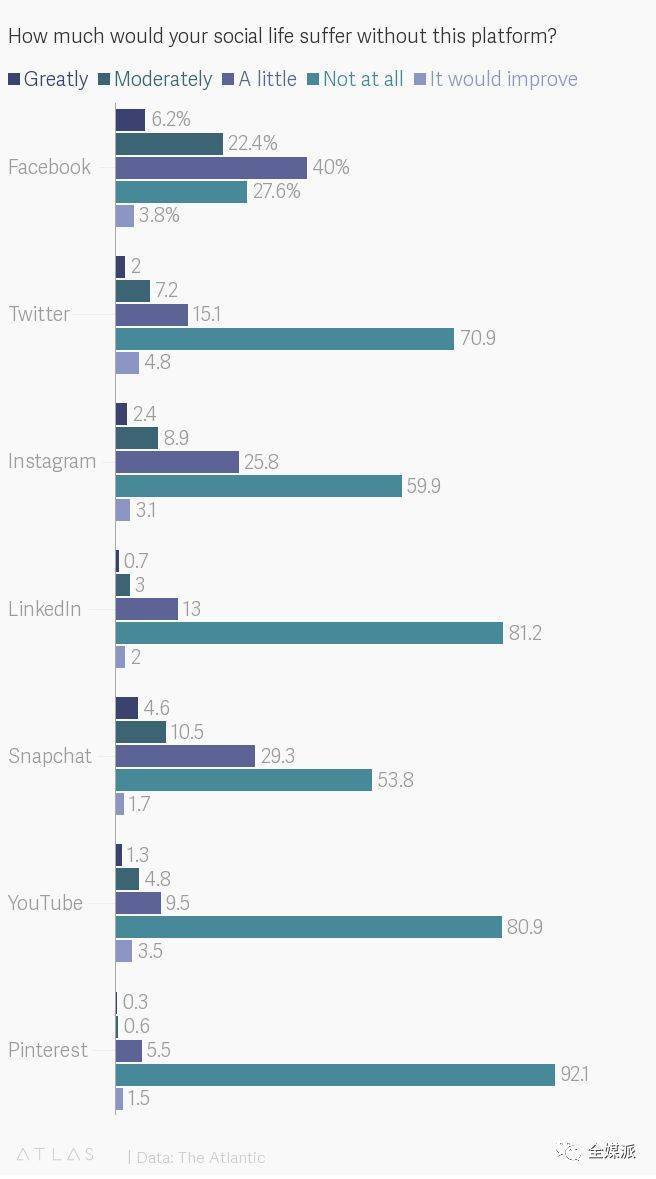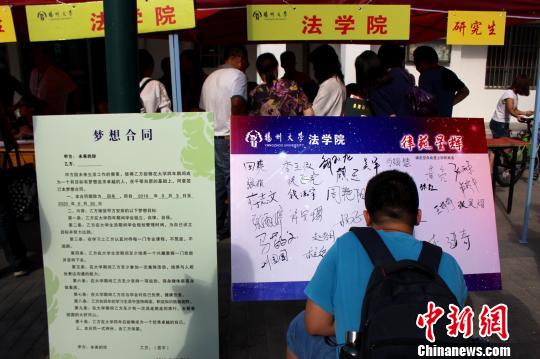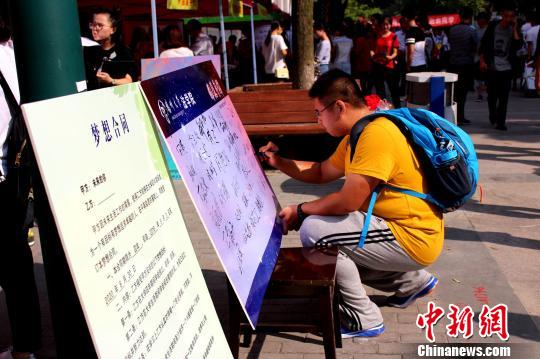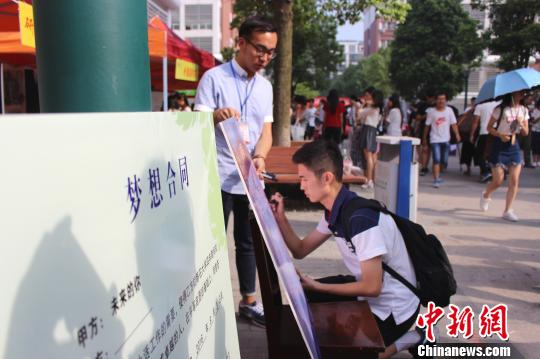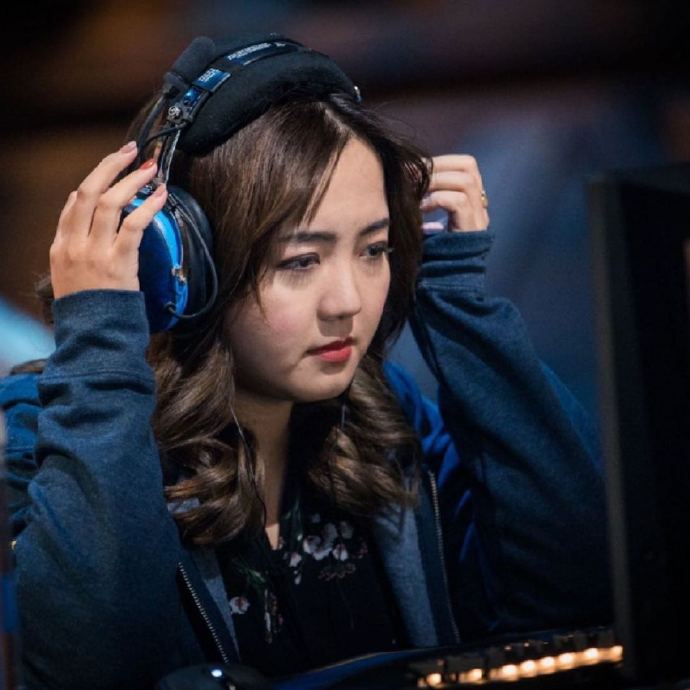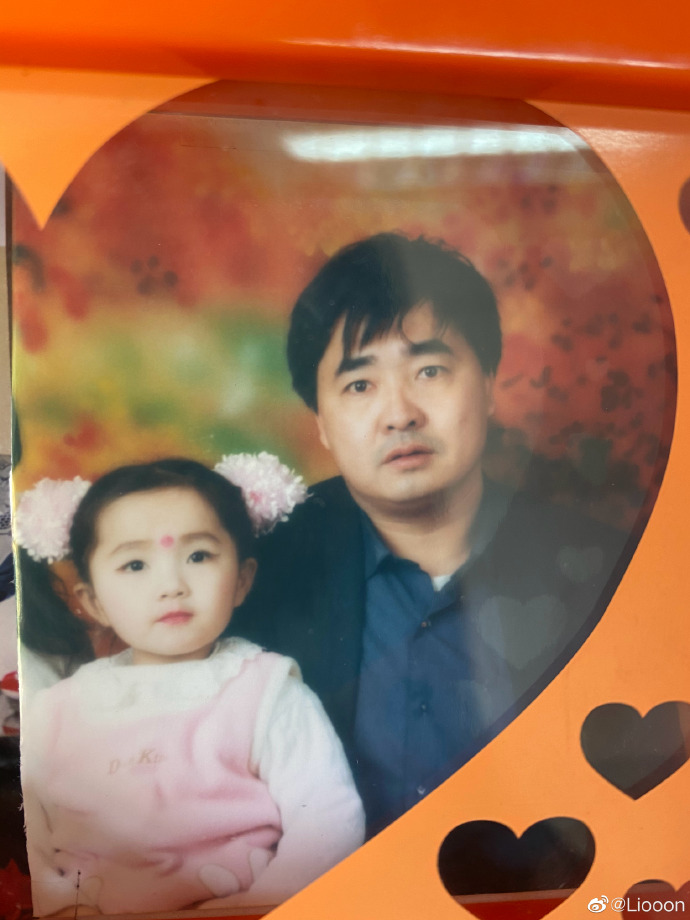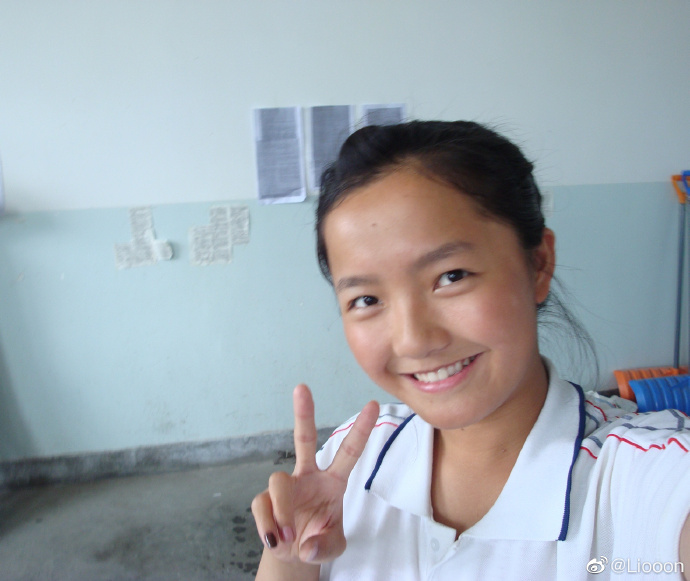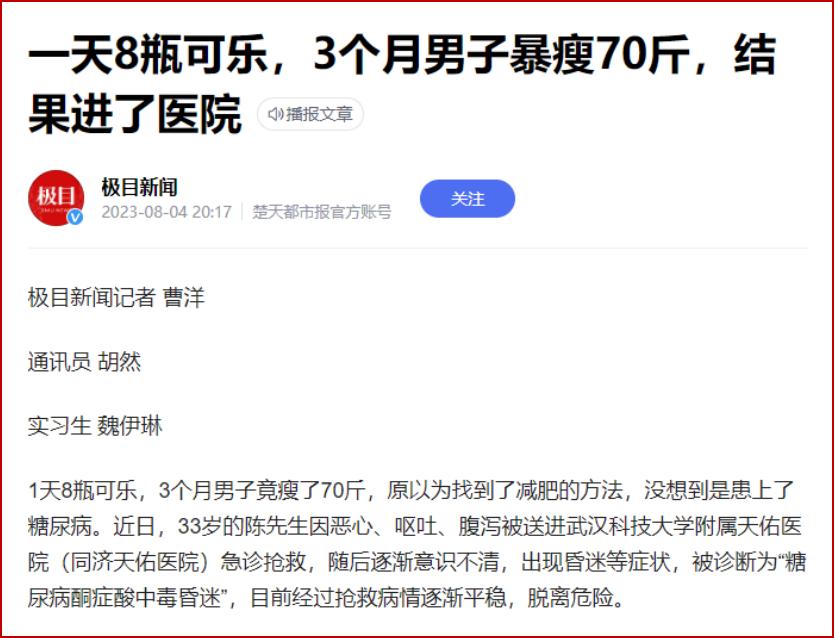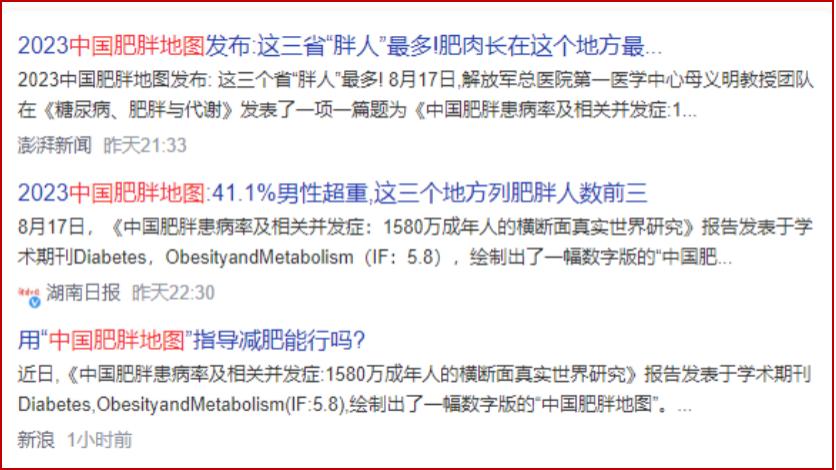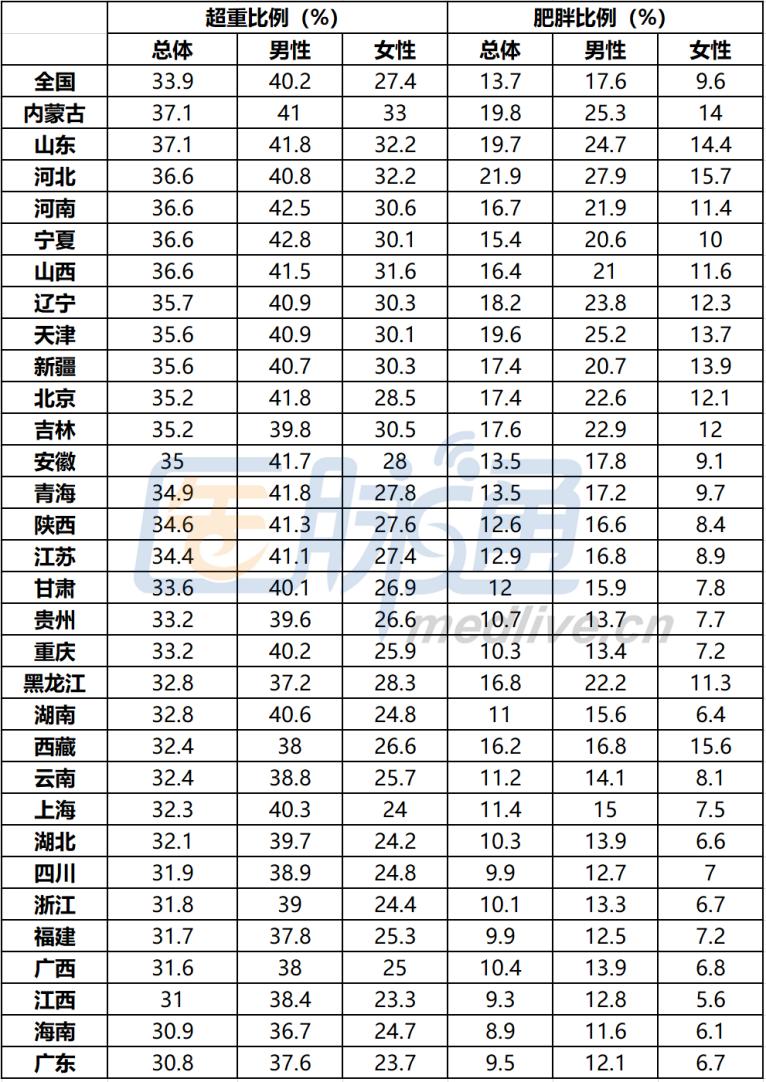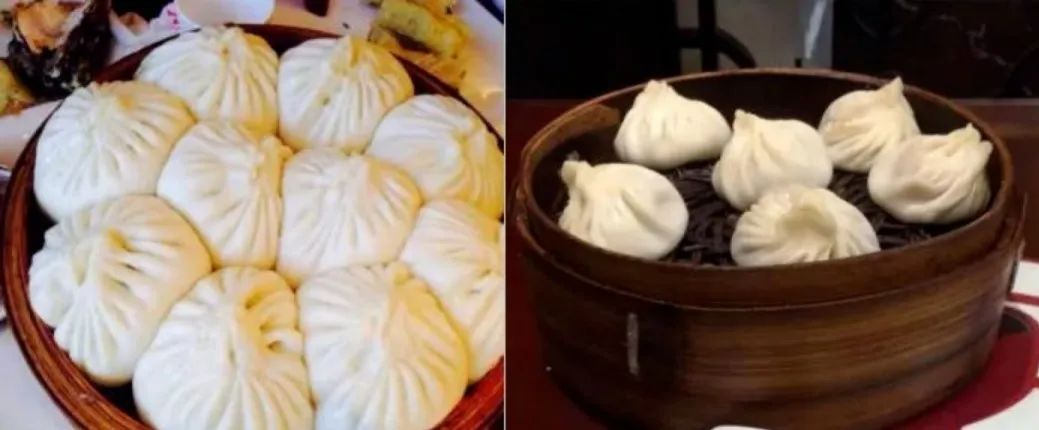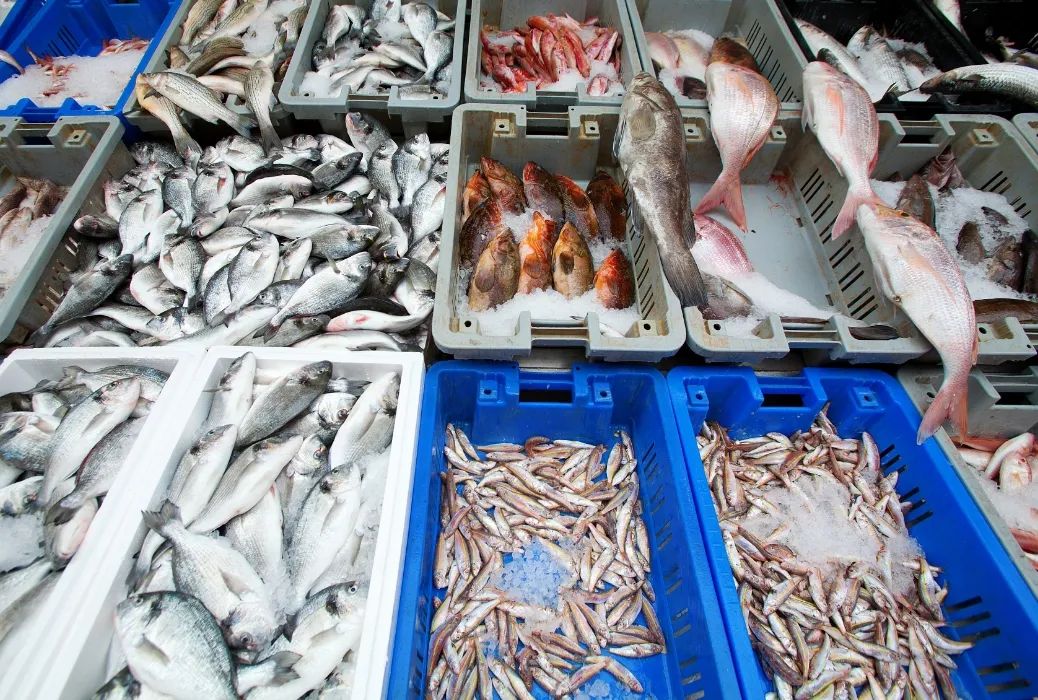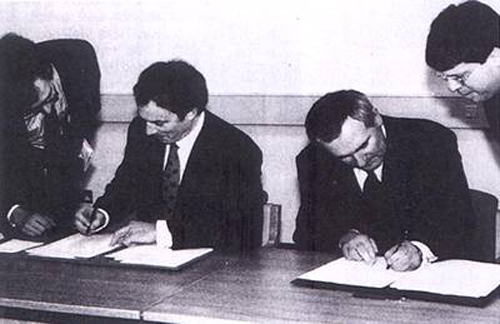The supreme leader’s greatest wish is to let the left-behind children feel the warmth of the socialist family.
"It is our greatest wish for children to grow up better." On the eve of International Children’s Day on June 1, 2013, General Secretary of the Supreme Leader said when he participated in the team day with the theme of "Happy Childhood, Flying Hope".
Children are the future of the motherland and the hope of the Chinese nation. The education of children bears the future of the country and the expectations of the people; The care and protection of children’s physical and mental health needs to mobilize the strength and action of the whole society; The cultivation and guidance of children need to create a fair and harmonious social mechanism and humanistic environment.
Since the 18th National Congress of the Communist Party of China, the CPC Central Committee, with the Supreme Leader as the general secretary, has attached great importance to the construction of China’s young pioneers and cared for the healthy growth of children, which has pointed out the direction for the development of China’s children’s career under the new situation.
"From the family to the school, from the government to the society, we must take responsibility for the safety, health and growth of children and jointly hold up the hope of tomorrow." (2016 Government Work Report)
On the morning of May 20th, the Supreme Leader presided over the 24th meeting of the Central Leading Group for Comprehensively Deepening Reform and delivered an important speech. The meeting proposed to introduce practical and effective measures in "ensuring the schooling of children who move with them and strengthening the care and protection of left-behind children."
Since the 18th National Congress of the Communist Party of China, the CPC Central Committee, with the Supreme Leader as the general secretary, has attached great importance to the construction of China’s young pioneers and attached great importance to the growth and future of children, especially to the left-behind children. "We should care about left-behind children and left-behind elderly people, improve working mechanisms and measures, and strengthen management and services so that they can all feel the warmth of the socialist family."
The Research Report on the Situation of Left-behind Children in Rural Areas and Migrant Children in Urban and Rural Areas released by the All-China Women’s Federation in May 2013 shows that there are 61,025,500 left-behind children in rural areas in China, accounting for 37.7% of rural children and 21.88% of national children, which are distributed all over the country, including developed areas.

Wang Shijia’s home is located in Dengshan Village, Shibapan Township, Ruyang County, Henan Province, deep in Funiu Mountain. His father goes out to work. During the year, Xiao Shijia can only see his father on New Year’s Day and birthday. Xinhua News Agency reporter Ang Lee photo
The problem of staying behind is not an isolated social problem, but is closely related to the present situation and future of regional economic development. Therefore, government departments at all levels should take the leading responsibility in dealing with this problem, consider supporting measures according to local conditions, and promote the participation of schools, society and families in co-governance with good governance. Among them, the county government is particularly critical.
The Opinions on Strengthening the Care and Protection of Left-behind Children in Rural Areas requires that the people’s governments at the county level should effectively strengthen overall coordination, supervision and inspection, formulate practical policies and measures for the care and protection of left-behind children in rural areas in light of local conditions, and seriously organize care and protection actions to ensure that the care and protection work covers all left-behind children in rural areas within their respective administrative areas. Financial departments at all levels are required to optimize and adjust the expenditure structure and raise funds for care and protection through multiple channels.
There are 10,635 left-behind children in Bijiang District, tongren city City, Guizhou Province, which is a concentrated and contiguous poverty-stricken area in China. In order to make these children grow up safely, healthily and happily, in recent years, the district has set up a special account through "government support, village group self-financing, unit sponsorship and social donation", and set up a "care fund for left-behind children" of not less than 10,000 yuan for each village, raising more than 1.5 million yuan in the whole district. In addition, more than 3 million yuan of funds from education, disabled persons’ federations, youth league committees, civil affairs, trade unions, women’s federations and other departments were integrated into the "care fund" for management and use, and the left-behind children in difficulties in the whole region were included in the scope of fund assistance.
Shiquan County, Ankang City, Shaanxi Province has invested 200 million yuan to build 26 left-behind children’s growth centers, 24 after-school activity centers and 4 trusteeship centers to fully serve the needs of left-behind children’s growth in and out of school. Since 2012, the county finance has increased its investment by more than 10 million yuan every year to realize fifteen years of free education from three years before school to high school.
The National Plan for the Development of Children in Poverty-stricken Areas (2014-2020) proposes to improve the care service system for left-behind children and organize rural cadres and rural party member to provide twinning care services for left-behind children.
Guangdong will build a "child-friendly community in rural areas" and provide caring services such as cultural entertainment, tutoring training and psychological counseling; Chongqing Dianjiang promotes "caring parents" and treats every left-behind child as his own child; Shenzhen carried out "home-school cooperation" to change parents’ habit of replacing emotional communication with material compensation.
Entering the Guangcai Experimental School in Xinyang County, Henan Province, the sound of books is loud and full of vitality. In this brand-new school, more than 200 left-behind children from all towns and villages in the county board for free, and the warm and comfortable learning and living environment makes them feel warm.
"Now I fall in love with school life. Our school canteen is elegant, the dormitory is clean and tidy, the bathroom is well equipped, there are special classrooms for art and music, and there are life teachers who take care of us. How nice!" Zhang Xingyuan, a sixth grade student, said with a smile.

On May 26th, the children happily held the "June 1st" holiday gifts they received at ShangModao Primary School in Nanqiang Town, Linwu County. Photo by Tang Shenghuan
The school is the main front for caring for left-behind children, and it is also the assistant, carrier and coordinator of various institutions and organizations participating in caring actions. On October 10, 2013, the Ministry of Education and other five departments jointly issued the Opinions on Strengthening the Care and Education of Left-behind Children in Rural Areas in the Compulsory Education Stage, which suggested that priority should be given to ensuring the needs of left-behind children in school boarding, nutrition improvement and transportation services.
From 2010 to 2015, Anhui invested a total of 2.6 billion yuan to build more than 2,200 boarding schools in compulsory education, including 790 primary schools, with 708,000 boarding students, accounting for 12% of the total number of students; The nutrition improvement plan was implemented in 12 concentrated contiguous counties with special difficulties, benefiting 1 million rural children.
Rural teachers are the most direct group dealing with left-behind children, and it is also a job that can not be ignored to retain good teachers for left-behind children. To this end, the State Council issued the Support Plan for Rural Teachers in 2015, and the central government provided 2.28 billion yuan to help support rural teachers, benefiting 940,000 people.
Premier Li Keqiang stressed: "We must strengthen the responsibility of family guardianship subject according to law, implement the responsibilities of safety management, supervision and education of grass-roots governments, village committees and schools, and earnestly implement the responsibility of protecting and caring for left-behind children in rural areas."
Left-behind children, in a sense, are also the pain point of social transformation. To solve the problem of left-behind children, the participation of social forces is also very important while the government is leading. The Opinions on Strengthening the Care and Protection of Left-behind Children in Rural Areas emphasizes the need to promote social forces to actively participate in the protection of left-behind children.
In recent years, more and more professional social workers and volunteers have been mobilized to provide psychological counseling for left-behind children, train temporary guardians, and take various measures to provide targeted guidance and assistance.

Liu Lei is teaching the children in the left-behind children’s service center to surf the Internet. Xinhua News Agency reporter Liu Junxi photo
Liu Lei used to be an automobile soldier on the Sichuan-Tibet line. After retiring from the army in 1997, he voluntarily gave up the resettlement treatment of the civil affairs department and returned to Maojian Mountain, Yuexi County, Anhui Province, his hometown in the hinterland of Dabie Mountain. He saw that "many left-behind children had a bright future, because there was no one to guide their education, and finally they gave up halfway and even took the wrong road." Liu Lei has set up a service center for left-behind children by self-financing, providing free study counseling, ideological education, full-time boarding and other services for left-behind children in the township. Become the "surrogate parents" of more than 500 left-behind children.
Yang Guiping is a cadre of the Environmental Sanitation Department in Yuanhui District of Luohe City. In 2013, she became the "surrogate mother" of Xiao Jing, a left-behind child. Up to now, more than 2,000 caring people in Luohe City have paired up with left-behind children to help them. "Acting mothers" often meet with their children or exchange letters by phone to keep abreast of their children’s life, study and psychological situation.
However, in order to make the left-behind children no longer stay behind, the most fundamental thing is to return their parents to their children and create a social condition of "letting the family live together".
Whether it is opening up urban educational resources, accepting more migrant children, reforming the household registration system and breaking the ice in the college entrance examination in different places, it is one of the ways to solve the problem of left-behind children in rural areas. By creating more jobs, more migrant workers can find jobs at home, which is a better solution.
Since 2014, Bijiang District of Guizhou has vigorously implemented the "Yan Gui Project" to encourage migrant workers to return to their hometowns for employment and entrepreneurship. By strengthening the construction of the park, a large number of excellent and strong enterprises will be attracted to settle down and more jobs will be created. In the past two years, the area has solved the employment problem of 15,000 people, and the parents of more than 2,100 families of left-behind children have gone home to find jobs.
The problem of left-behind children is not only related to families, but also to development and the future. During his inspection tour in Hubei, General Secretary of the Supreme Leader emphasized that the countryside must not become a barren countryside, a left-behind countryside or a homeland in memory.
On February 14th, 2016, the State Council released the Opinions on Strengthening the Care and Protection of Left-behind Children in Rural Areas, which clearly stated that strengthening the care and protection of left-behind children in rural areas and safeguarding the legitimate rights and interests of minors are the important responsibilities of governments at all levels, as well as the common responsibility of families and the whole society, and pointed out the road and direction for how to solve the problem of left-behind children from the top design level.
